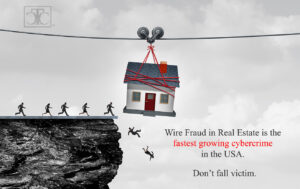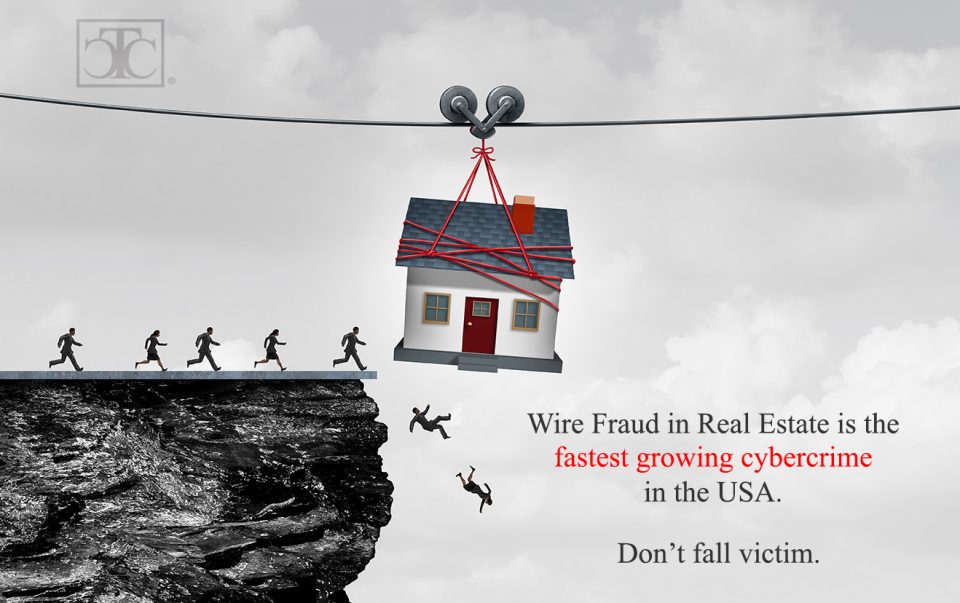
According to the FBI, email compromise crimes, including similar attacks on businesses, have been “spiking” in the past year. Between December 2016 and May 2018, businesses and consumers reported a 136% increase in losses related to these crimes. The fraudulent transfers have been sent globally, to 115 countries, the FBI said. Since 2013, losses to these types of crimes have topped $12 billion.
There are steps homebuyers should take to make sure they are protecting themselves from falling victim to wire fraud according to Kalember and the FBI.
- Be vigilant: Homebuyers should first just be aware that they may be a targeted by scammers in this manner, and should act accordingly to verify any suspicious correspondence associated with their home purchase or sale.
- Voice verify: It might seem cumbersome in an already long homebuying process, but following up emails with a voice verification is a must, Kalember said. That’s especially true if the email involves e-signing a document, logging into a new website, transacting money or supplying any kind of financial information
- Talk to your bank: While not all banks may follow the guidelines you suggest, most will honor your request to not allow any wire transfers without a voice verification or other checkpoint from you. This is especially true for business accounts, but even individuals going through a real estate transaction can request a note be added to their primary accounts to put additional steps in place before allowing wire transactions to go through.
- Don’t react immediately to email: Emails asking you to take some type of action, purporting to be from the title company, attorneys, realtors, bank lawyers or others involved in a transaction may not be authentic. Regard any of them with suspicion, and you should follow up on known phone numbers for the individuals making the request to confirm.
Author: Kate Fazzini
“Scammers are tricking people out of enormous payments as they’re about to close on a house”
Source: CNBC
https://www.cnbc.com/2018/08/31/how-scammers-trick-new-homebuyers-with-wire-fraud.html
